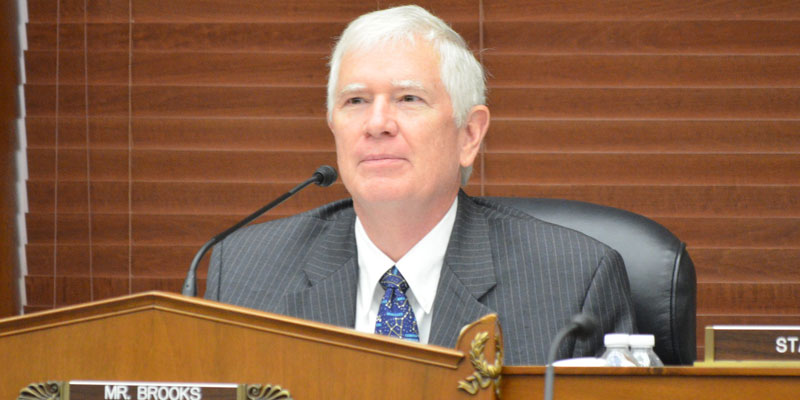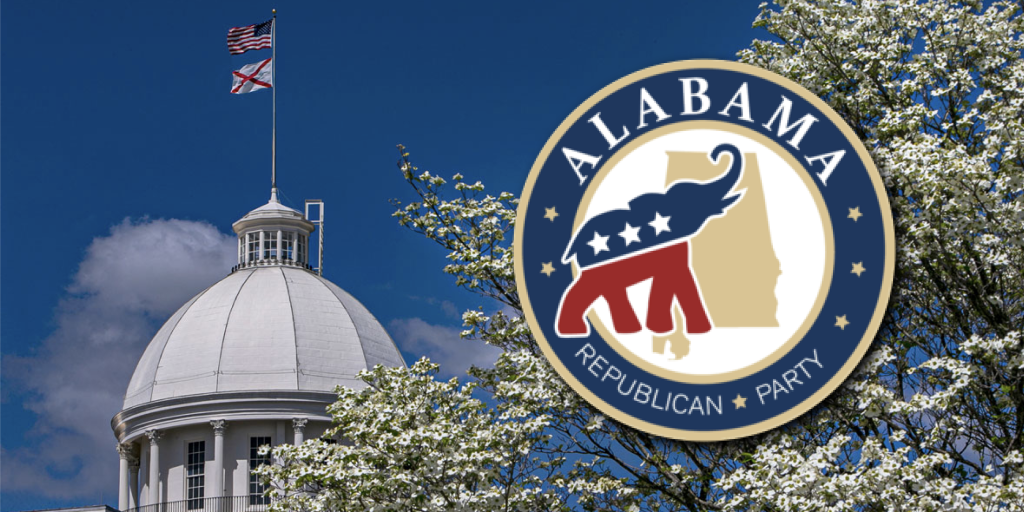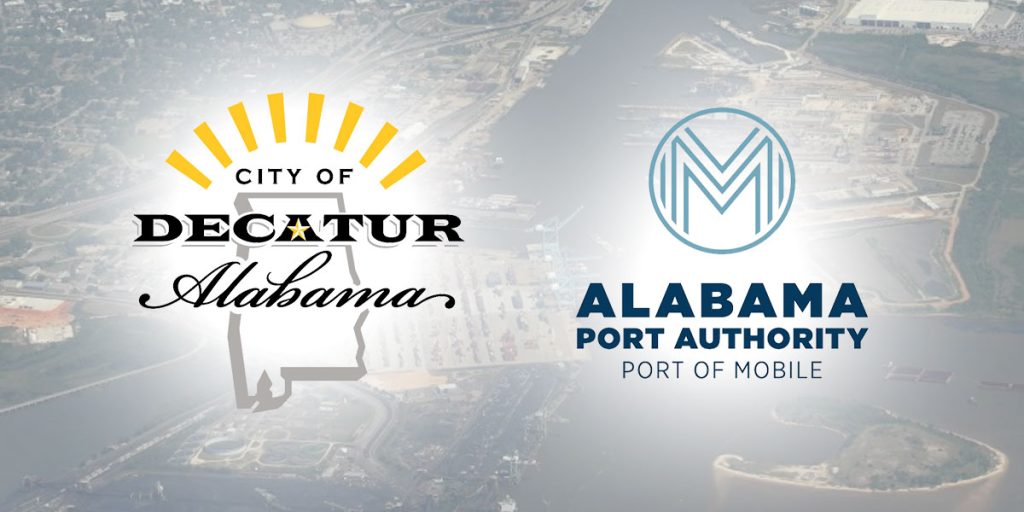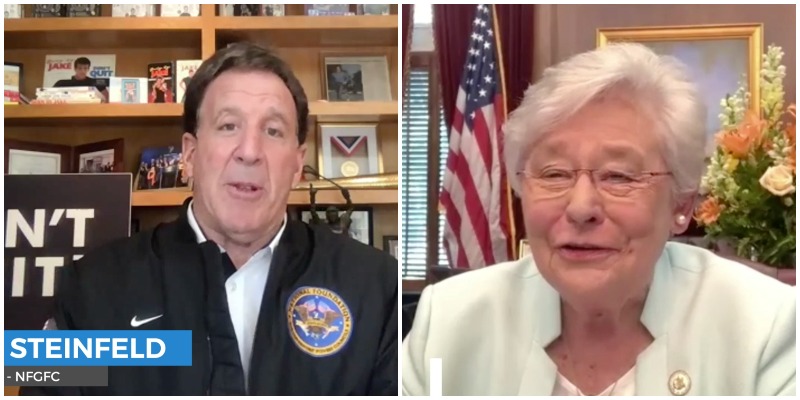A Japanese company is seeking a trade exception that would allow it to import its foreign-made fiber product — one that competes directly with an identical product made in Decatur, Alabama — without the normal duties levied on a product of its type.
U.S. Representative Mo Brooks (R-Huntsville) sent a letter this week to Andrew McGilvray, executive secretary of the U.S. Foreign-Trade Zone (FTZ) Board, in which the congressman expressed his strong opposition to the Japanese company’s application.
The Japanese company Teijin Carbon Fibers’ polyacrylonitrile (PAN) fiber directly competes with PAN fiber made at the Hexcel plant in Decatur, the second-largest city in Brooks’ district.
Teijin’s application for a trade exception notes that “PAN fiber is subject to special duties under Section 301 of the Trade Act of 1974,” which is the policy from which they are seeking an exception.
Teijin wants to import the PAN fiber duty-free so it can lower costs at its carbon fiber production facility in South Carolina. PAN fiber is a precursor material to carbon fiber; Teijin makes its PAN at a plant in Mishima, Japan.
Hexcel employs around 260 workers at its Decatur facility. The PAN fiber made there is shipped to Hexcel’s other facilities across America where more advanced products are made. Hexcel employs over 6,000 people across over 20 American plants.
“Granting Teijin’s request would needlessly damage Hexcel’s investment in U.S. facilities and jeopardize American jobs,” argues Brooks in his letter.
Brooks believes that “granting duty-free entry to PAN fiber for Teijin would undermine Hexcel’s fully integrated production model, where all manufacturing steps, including PAN fiber production, take place in the United States.”
Hexcel has already been financially bruised in 2020 from the coronavirus pandemic slowing demand, and the continued grounding of Boeing’s 737 Max line of aircraft, which together caused layoffs across the company.
Brooks’ comments will be taken into consideration by the examiners of the case at the FTZ board. Public comment closed on the issue at the end of the day on October 13, and Teijin and other proponents of the exception now have until October 27 to submit rebuttal comments.
Another major part of Brooks’ reasoning in opposing the deal are the uses for PAN fiber. PAN is a key component of weapons used by the Department of Defense and in aircraft such as the ones manufactured at the Airbus facility in Mobile.
“[I]t should be a high priority within all relevant federal agencies to ensure that U.S. production of PAN fiber is encouraged and strengthened. Doing so will help secure a stable domestic supply of military-grade carbon fiber that is not dependent on imports for critical precursors, such as PAN fiber,” Brooks told the FTZ.
The FTZ Board is housed within the U.S. Department of Commerce.
“As a result of the negative implications for the State of Alabama, as well as the overall U.S. economy and our nation’s military, I strongly urge you to reject the Teijin application,” Brooks concluded.
Henry Thornton is a staff writer for Yellowhammer News. You can contact him by email: [email protected] or on Twitter @HenryThornton95













